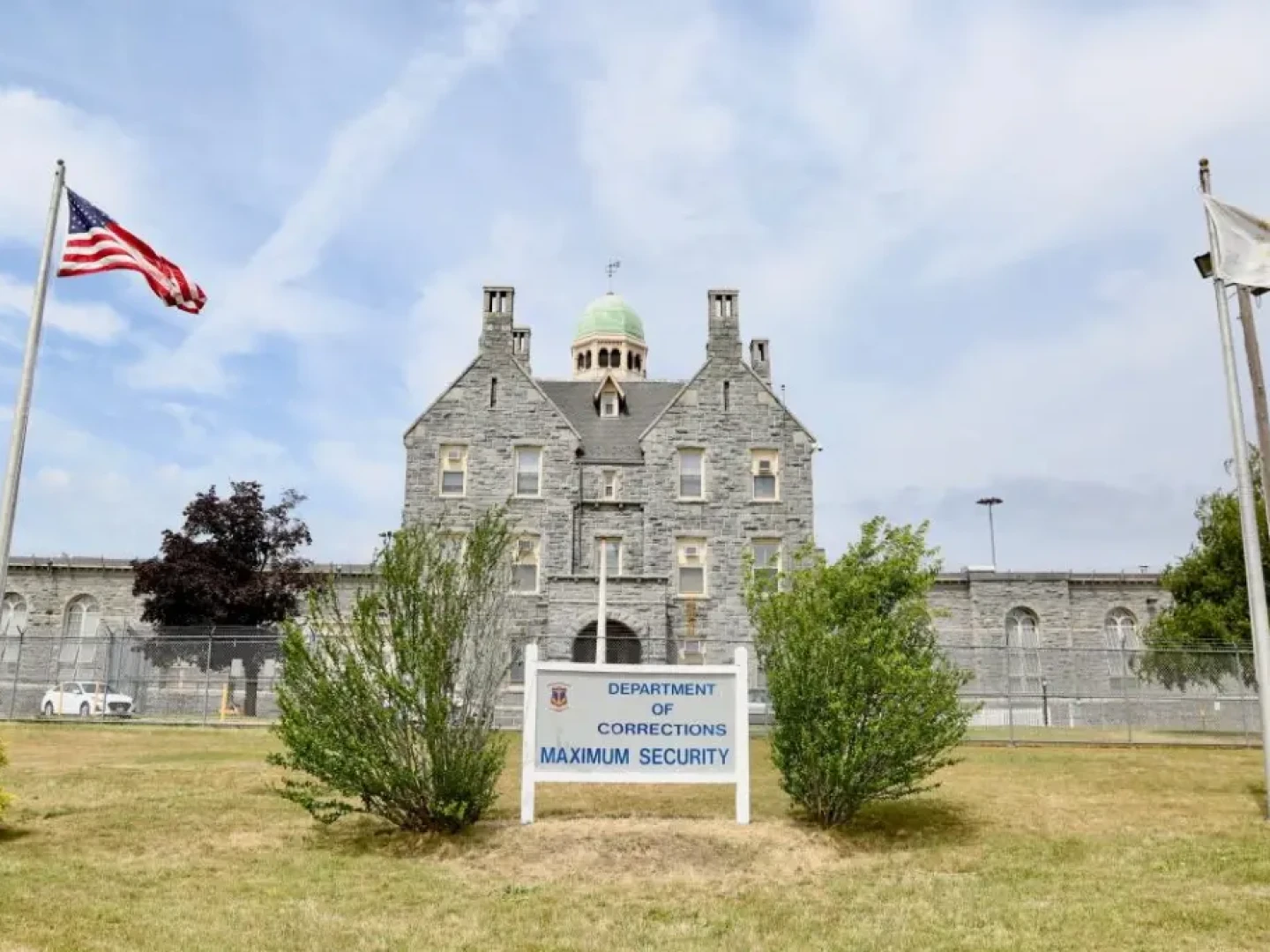Just over a month after being forced to let an Indigenous man at the Adult Correctional Institutions in Cranston wear a religious headband, the Rhode Island Department of Corrections faces new legal challenges over claims it has refused to accommodate other inmates’ religious practices.
Three prisoners of Indigenous ancestry filed a lawsuit Friday in U.S. District Court in Providence, alleging corrections officials denied their requests to hold religious ceremonies and powwows, consult with a Native American elder, and access traditional religious items such as medicine bags and dreamcatchers.
The lawsuit was filed on behalf of Tyler Smith, Kyle Moreino and Joseph Shepard by the ACLU of Rhode Island and the Roger Williams University (RWU) School of Law Prisoners’ Rights Litigation Clinic.
By denying the requests, the ACLU claims the Department of Corrections violated the prisoners’ right to the free exercise of religion as protected by the federal Religious Land Use and Institutionalized Persons Act.
“This is not a new problem,” the lawsuit states. “For years, Native American prisoners have complained about the absence of any religious accommodations at the ACI, but RIDOC has ignored those concerns.”
Such was the case for Wolf Pawochawog-Mequinosh, who is serving a life sentence at the ACI for two first-degree sexual assault convictions. He sued the department in January 2024, claiming prison officials repeatedly denied his request to wear a White Mountain Apache Tribe headband, which was not on the Department of Corrections’ approved list of religious items.
The Department of Corrections agreed to settle the suit April 30, allowing Pawochawog-Mequinosh to wear a headband. The department was also required to establish a way for inmates whose religions are not explicitly recognized by the prison to request approval for religious items and services consistent with their beliefs within 120 days.
So far, the state “has adopted no policies,” according to the new lawsuit.
“We call on the Department of Corrections to fulfill their obligation to accommodate the religious needs of Native Americans imprisoned at the ACI, who for years have been denied all opportunities to observe their religious traditions,” Jared Goldstein, director of the RWU Law Prisoners’ Rights Litigation Clinic, said in a statement.
Department of Corrections spokesperson J.R. Ventura declined to comment on the new lawsuit.
This story was originally published by the Rhode Island Current.







